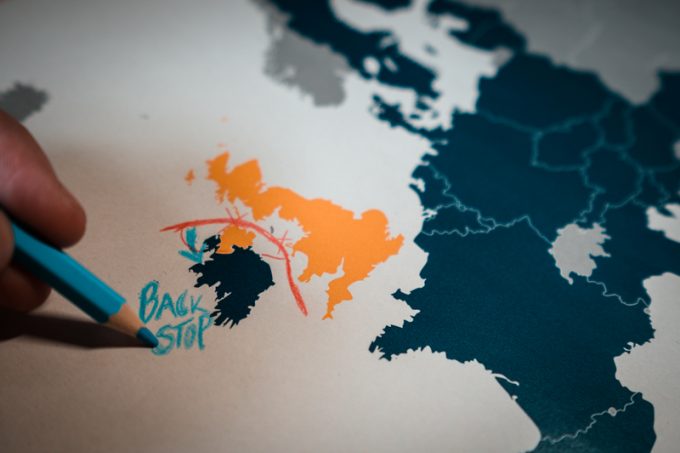Eastern Europe trade takes off as new air services generate excitement
Cathay Cargo’s new bellyhold service from Munich to Hong Kong launches today, and has already ...

To stave off a collapse in trade, UK politicians must set aside party squabbles and explain the functions, remit and which elements of the Northern Ireland Protocol can be renegotiated.
A parliamentary post-mortem into the negotiation and implementation of the protocol began this month, with academics, ...

Comment on this article